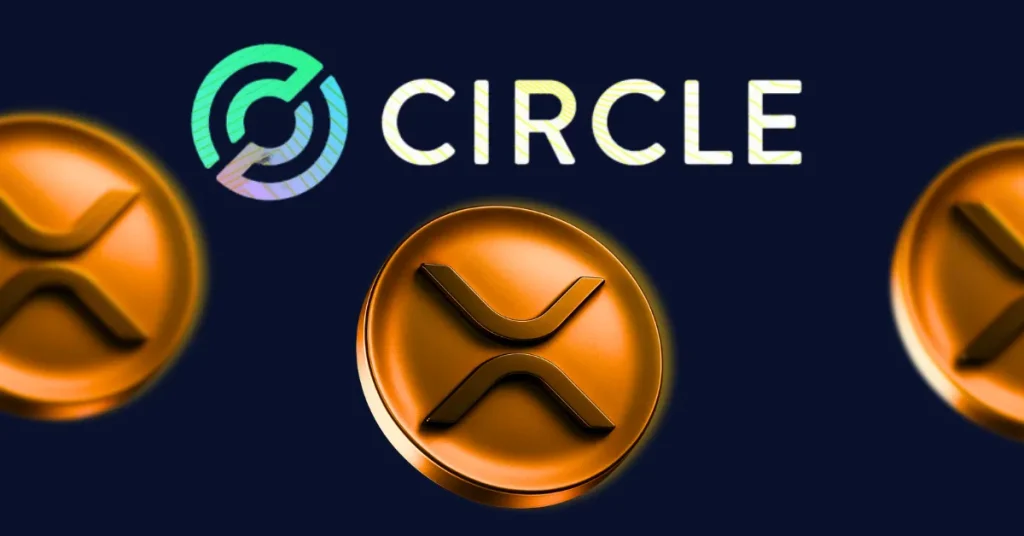Circle Makes Power Play: Seeks OCC Nod to Tighten Grip on USDC Reserves
Stablecoin giant Circle just dropped a regulatory bombshell—filing for direct oversight by the Office of the Comptroller of the Currency (OCC). This isn't just paperwork; it's a strategic chess move in the high-stakes game of crypto credibility.
Why it matters: When the second-largest stablecoin pushes for federal-level reserve scrutiny, it sends shockwaves through DeFi and TradFi alike. No more 'trust us, we're good for it'—Circle wants the feds to verify those dollar pegs.
The fine print: While competitors dance around regulators, Circle's going straight for the institutional playbook. Perfect timing—just as Congress debates stablecoin legislation that could make or break the sector.
Bottom line: Either this is the ultimate transparency play... or a brilliant preemptive strike before regulators come knocking. (But hey—in finance, the best defense is a good offense, right?)

The stablecoin issuer, Circle Internet Group, applied to the Office of the Comptroller of the Currency (OCC) on June 30 to establish a US trust bank called First National Digital Currency Bank. If OCC approves, the trust bank WOULD oversee the company’s reserves of USDC (its dollar-pegged stablecoin) and offer digital asset custody services to institutional clients.
Why Did Circle Apply for National Digital Currency Bank
Currently, the BlacRock manages the majority of Circle’s stablecoin reserves, which is not ideal for the company. It makes the stablecoin users susceptible to risks without warranting their safety. Without a strong, trustworthy structure, the company would become vulnerable and would be exposed to legal uncertainties.
Additionally, this will result in token collapse and scaling back the adoption rate. So, the company is applying to the National Trust Bank to strengthen its USDC infrastructure.
Circle’s Key Objectives with National Digital Currency Bank
- The National Trust Bank will be managing USDC reserves and tokenized treasuries in Circle while offering on-chain payments under federal oversight. This initiative aims to help Circle meet the requirements in the GENIUS Act.
- One of Circle’s primary goals is to build an internet financial system that is transparent, efficient, and accessible to all users, ensuring legal compliance.
- Circle plans to focus on the custody of tokenized assets — stocks and bonds on blockchain rails, rather than cryptocurrencies like Bitcoin. Amid the global trends of modernizing traditional markets by integrating blockchain technology, Circle is fortifying its blockchain priority to meet the global demand.
Has the OCC Application Been Approved?
The OCC has not yet approved Circle’s application for a national trust bank charter. The process of reviewing the application includes a public comment period of 30 days before finalizing.
Generally, the complete process takes 120 days, examining the necessary documentation, business summary, compliance, requirements of global standards, and outline of the services it aspires to provide.
Final Thought
With over $62 billion in USDC circulation, Circle is thriving in the global competition of digital assets. The company is actively working to terminate its reliance on a third party to oversee its digital asset reserves while strengthening internal control by minimizing risks and enhancing transparency.

